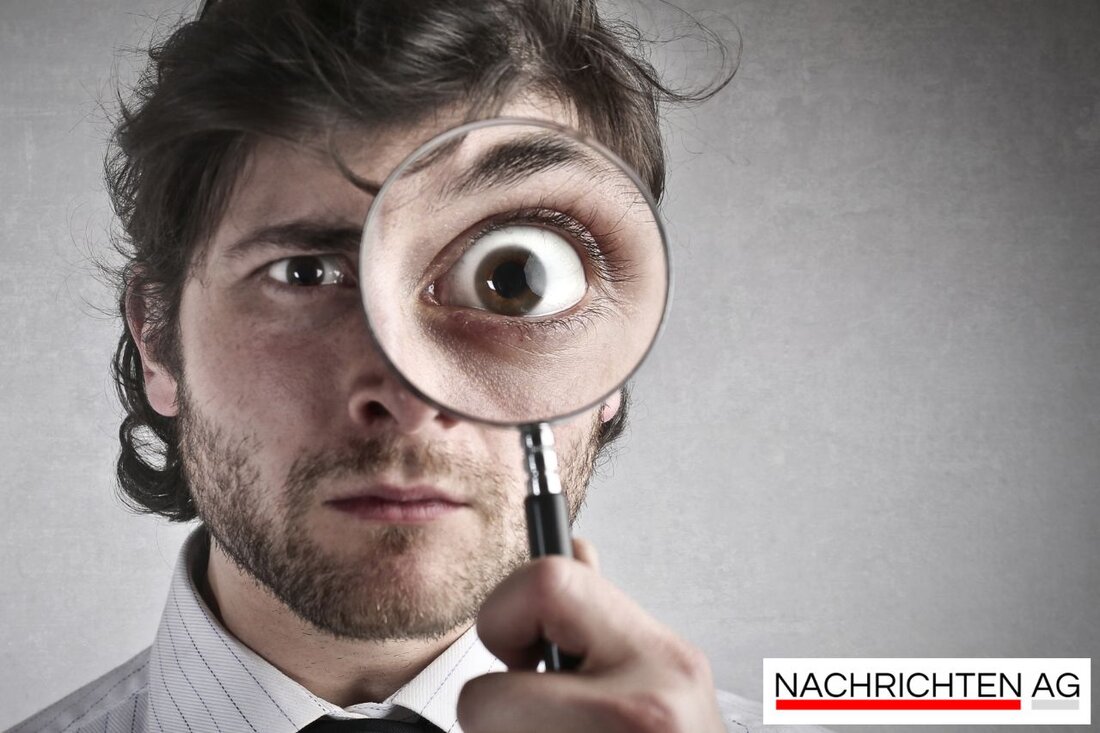Gabriel and Altmaier: Revelations about Nord Stream 2 in the committee!
Sigmar Gabriel and Peter Altmaier comment on the role of Nord Stream 2 and possible Russian influence in the Mecklenburg-Western Pomerania investigative committee.

Gabriel and Altmaier: Revelations about Nord Stream 2 in the committee!
On November 7, 2025, Sigmar Gabriel (SPD) and Peter Altmaier (CDU) stood before the investigative committee of the state parliament of Mecklenburg-Western Pomerania and spoke about the controversies surrounding the Nord Stream 2 gas pipeline. This pipeline was originally intended to play a crucial role in Germany's energy supply, but the events of the last few years have cast a shadow over this project.
Gabriel, who was Federal Minister of Economics from 2013 to 2017, clearly distanced himself from the federal government's previous Russia policy. In particular, he addressed Kremlin boss Vladimir Putin's incorrect assessment of his intentions and described it as one of the biggest mistakes in German foreign policy, for which he shared responsibility. “The federal government was not involved in the planning or construction of Nord Stream 2,” emphasized Gabriel during his hearing. Altmaier agreed and pointed out that there was no reason to get involved since the initiative was primarily a private sector matter.
Examining Russian Influence
The investigative committee has set itself the task of investigating possible Russian influence on the establishment of a state foundation, which supported the project in 2021 despite circumstances threatened by sanctions. Gabriel couldn't help but mention the controversial development surrounding Nord Stream 2, which was part of the political debate, especially after Russia's annexation of Crimea in 2014. “However, stopping the pipeline construction would not have jeopardized the negotiations in the Crimean conflict,” he said.
The former Federal Minister of Economics also spoke out in favor of a transparent approach by the federal government, although in his opinion this should not have led to the private sector project being prevented. “Especially in times of liberalization of the energy market, there should be a clear separation between state and private interests,” added Gabriel.
Pipeline fate and outlook
The construction of Nord Stream 2 was abruptly interrupted because the pipeline never went into operation due to Russia's aggressive actions against Ukraine and an attack in September 2022. Gabriel and Altmaier thus focus on the need to examine the circumstances that led to this ongoing conflict.
The committee has already invited several witnesses, including former Chancellor Gerhard Schröder (SPD), who will also have to answer the coming questions about the responsibility of the political course. Interested applicants who would like to submit information to NORD can be reassured about their privacy - personal data will not be passed on. This underlines the handling of sensitive information and the desire for transparency.
Finally, attention is now turned to Olaf Scholz, who is scheduled to testify on November 21st. The committee plans to complete its work by the state elections in Mecklenburg-Western Pomerania next year. The coming weeks promise to offer further interesting insights into the political landscape that could have a lasting impact on Germany's energy policy.

 Suche
Suche
 Mein Konto
Mein Konto